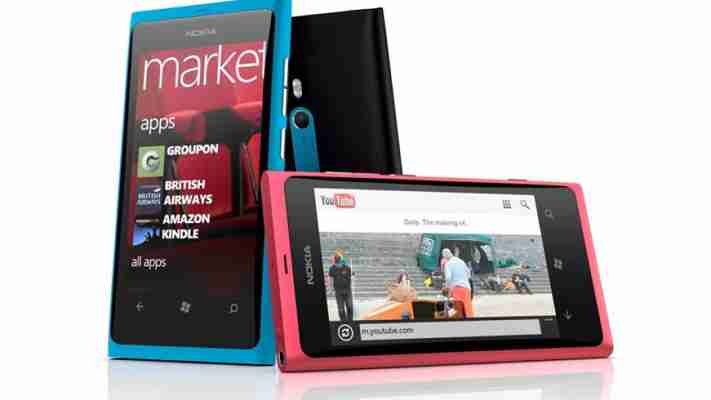Nokia's Windows phones aren't a compelling alternative to Apple's iPhone or the numerous Android smartphones on the market, according to representatives of European network operators interviewed by Reuters. According to one manager responsible for devices, "Ultimately, Nokia and Windows are challengers and they either need to come to market with a really disruptive, innovative product or a huge marketing budget to create client demand. So far they have done neither."
According to the Reuters report , Microsoft and Nokia haven't been able to convince European network operators that they provide a compelling alternative to the dominance of the iPhone and Samsung's Android-based Galaxy smartphones, despite the operators desiring such an alternative. Operators have to pay high subsidies to Apple for each iPhone they sell, and Android phones tend to use more data and thus aren't as profitable to the operators in the long run.
Operators cite a number of reasons for new Windows phones' lack of success: as well as a lack of marketing, they say the devices don't justify their high prices with innovative features, and that early glitches in the battery and software gave the devices a bad name. "No one comes into the store and asks for a Windows phone", said a device manager at one European operator. "If the Lumia with the same hardware came with Android in it and not Windows, it would be much easier to sell", he said.
As well as letting them offer a wider variety of phones to their customers, the existence of Nokia's Windows phones gives the mobile companies a bargaining tool when dealing with Apple or Android device makers. Operators have to buy the phones from manufacturers and then re-sell them to customers, making back the initial purchase price through contract fees. However, even with massive subsidies on Nokia handsets, the operators aren't able to shift them.
According to the report, Apple charges between 600 and 700 Euros for each iPhone, and also sets limits on the minimum number of devices operators can buy. Flagship Samsung Android handsets can cost operators between 300 and 500 Euros. However Nokia is selling the Lumia phones to operators for as little as 220 Euros, which implies that cost isn't the issue.
At the time of writing, Microsoft hadn't responded to our request for comment.

